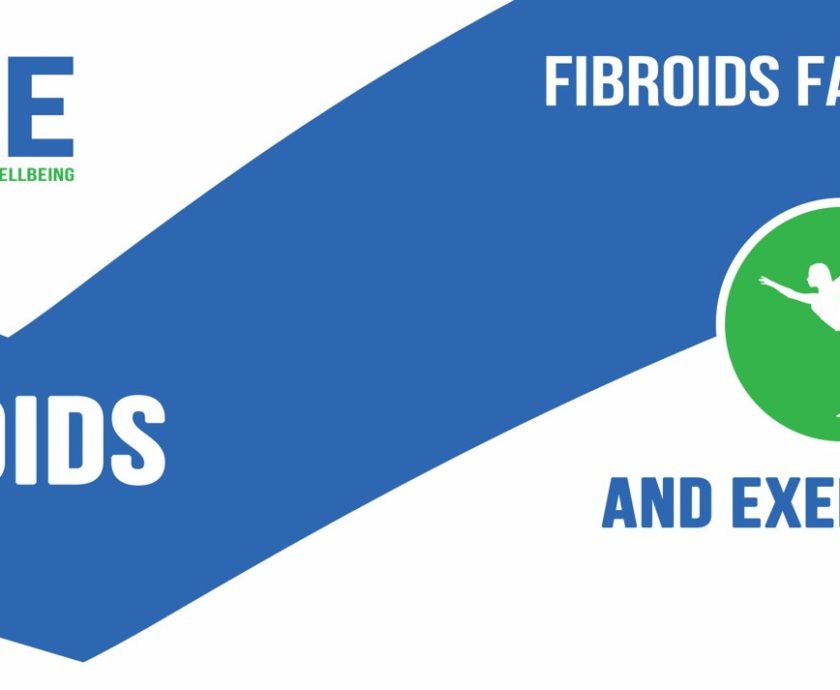Last week, George Osborne, the UK’s Chancellor, announced his latest budget. The budget has some impact on the public’s health and in this budget the major public health announcement was the levy on soft drinks (the sugar tax).
George Osborne stated that soft drinks companies will pay a levy on drinks with added sugar. This will apply to drinks with a total sugar content above 5 grams per 100 ml. A higher rate will be applied to drinks with more than 8 grams per 100 ml. The levy won’t be applied to milk-based drinks or fruit juices. The levy will come into effect from April 2018.
The money raised from the sugar levy will be used to double the funding available to primary schools for PE and sports programmes. The government has estimated the sugar levy will raise £320 million a year for primary schools to support healthier more active lifestyles in children. The funding will not only go towards expanding PE and sports programmes but to also expand breakfast clubs in primary schools ensuring that children have access to a healthy breakfast every week day.
The idea behind the sugar levy is a good one. It’s hoped that the levy will incentivise the soft drinks industry to reduce the amount of sugar in their products, helping the public consume less sugar. The money raised will go towards helping children get more active and healthy and thus tackle our high rates of childhood obesity. So, from a public health point of view the sugar levy is a win-win.
In addition to the sugar levy, the budget tackled the following health-related issues:
- Improving access to child prosthetics – £1.5 million will be invested in child prosthetics so children with limb deficiency have access to sports prosthetics. The government will also create a fund to support research into the creation of new innovative prosthetic products for the NHS
- Smoking – the government will continue to increase tobacco duties by more than inflation each year to discourage smokers and would-be smokers from purchasing tobacco products
- Support for those with mental health conditions and young disabled people – the government will offer new peer and specialist support to help address the disability employment gap and will publish a White Paper on the role that the health, care and welfare sectors can play in supporting disabled people and those with health conditions to get into and stay in work.
There was much controversy with regards to financial support for disabled people. The Personal Independence Payment (PIP) is supposed to replace the Disability Living Allowance. In his initial budget George Osborne planned to introduce much stricter criteria for who is eligible for the PIP, this would save £1.3bn by 2020, but would affect 640,000 disabled people who would lose their benefits or get less money. In the past week disability rights campaigners spoke out about these cuts and Iain Duncan Smith, the Works and Pensions Secretary, resigned stating that the cuts were “deeply unfair”. This led to George Osborne admitting that the disability cuts had been a mistake and would be withdrawn. This is good news for those with a disability who need these benefits to improve their wellbeing and we’re happy to see that these have been withdrawn.
The Lake Foundation is happy to see the various measures that have been put into place to improve the public’e health and wellbeing and are very happy to see the sugar levy included in this latest budget and look forward to seeing how this will be implemented.
You can read the full budget here












